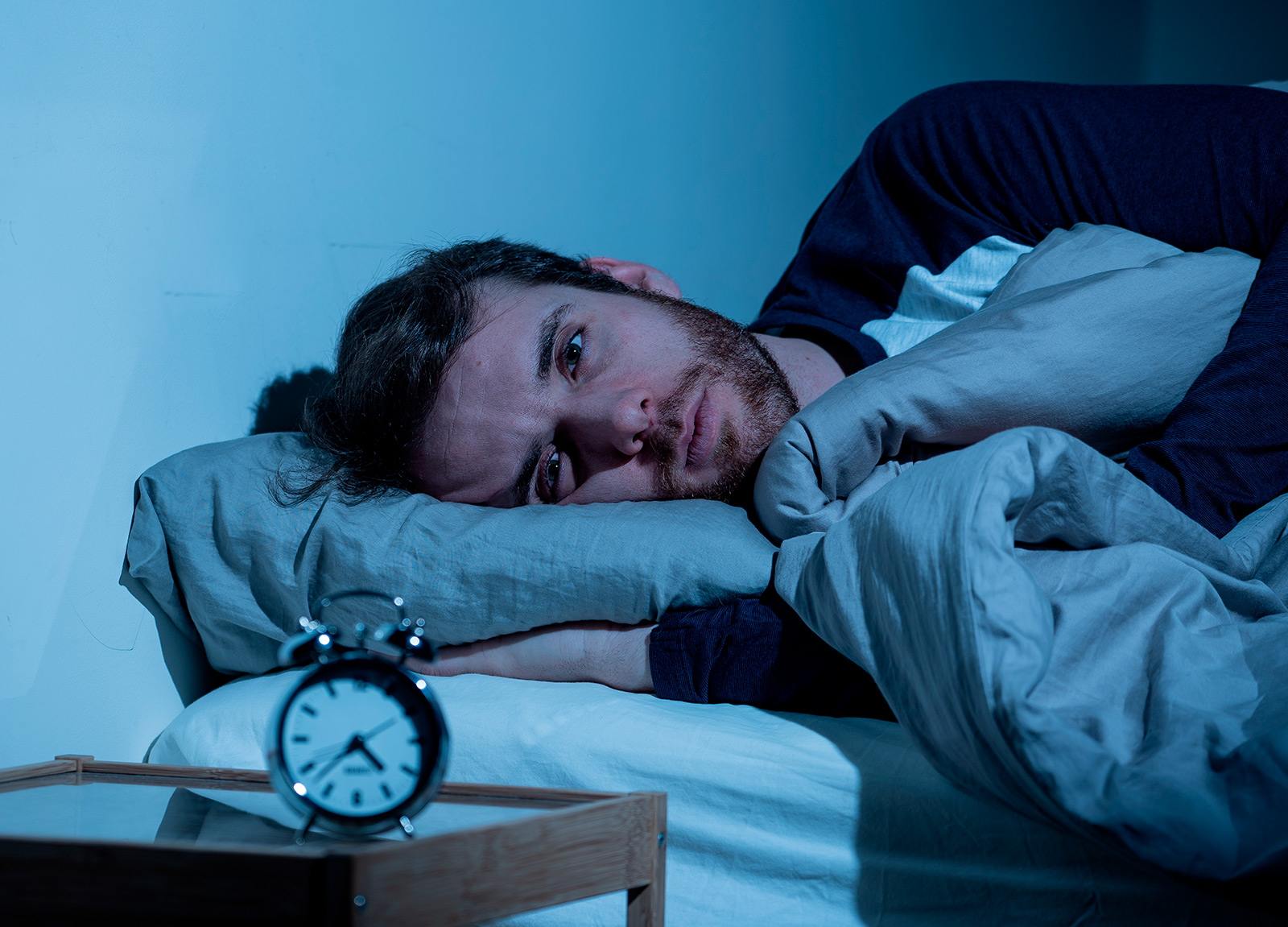An occasional sleepless night due to stress or illness is normal. However, if you feel like you spend every night counting endless sheep but never drifting off, contact Luis J. Olivera-Rodriguez, MD, a board-certified psychiatrist practicing at Lumos Psychiatric Services in Orlando, Florida. Dr. Olivera-Rodriguez offers expert treatment for insomnia as well as the mental health issues that can cause it. Call Lumos Psychiatric Services or request an appointment online today.
What is insomnia?
Insomnia takes many forms. You may struggle to fall asleep. You may wake several times throughout the night. You might wake up well before your alarm and not be able to fall back to sleep.
Insomnia may also be acute — causing a one-off night of poor sleep — or chronically disrupt your sleep several times a week for months on end.
In addition to suffering the frustration of being awake when you want to be asleep, insomnia causes a variety of other disruptive symptoms, including:
- Not feeling rested when you wake up
- Daytime sleepiness
- Irritability
- Poor concentration
- Indecisiveness
- Increased errors or accidents
You may also develop anxiety about your quantity and quality of sleep, which can counterproductively disrupt your sleep even more.
What causes insomnia?
Many factors contribute to insomnia. It’s a common side effect of mental health conditions, including depression, anxiety, post-traumatic stress disorder (PTSD), and bipolar disorder. Increased stress levels can also prevent you from getting enough quality sleep.
Lifestyle factors such as working irregular shifts, traveling between time zones, and your diet can cause insomnia. For example, eating rich or spicy foods can trigger acid reflux, which can keep you up at night. Alternatively, if you work swing shifts and need to shift between being awake during the day and at night, you may struggle to regulate your sleep patterns and suffer from insomnia.
How is insomnia treated?
At Lumos Psychiatric Services, Dr. Olivera-Rodriguez begins with a thorough evaluation of your physical and mental health. He asks about your symptoms, general health, and lifestyle, looking for clues about what causes your insomnia. He may order lab tests to check for signs of hormonal imbalances and other conditions that could disrupt your sleep.
When he understands your needs, Dr. Olivera-Rodriguez works with you to create and implement a customized treatment plan to improve the quantity and quality of your sleep. If you have a mental health condition that disrupts your sleep, he may prescribe medication and therapy.
At the same time, Dr. Olivera-Rodriguez may prescribe medicine to help you sleep. He can also teach you lifestyle changes to remove obstacles to a good night’s rest.
If you’re troubled by insomnia, call Lumos Psychiatric Services or request a consultation online today.

